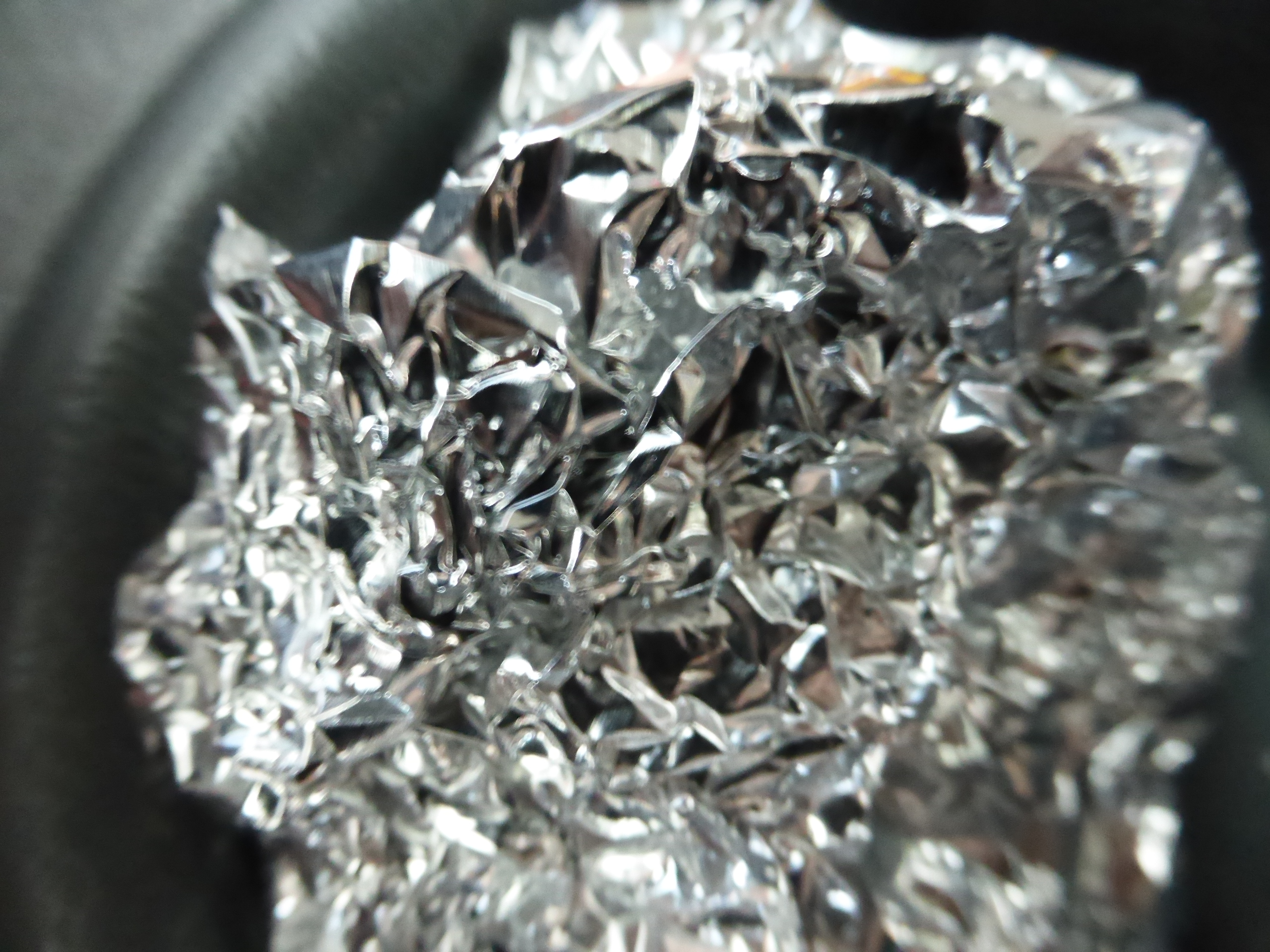
Why Does Aluminum Foil Hurt Teeth?
As a
1. Chemical Reaction: Aluminum foil is a metal that can react with substances, especially those with high acidity, such as citrus fruits or tomato-based products. When these acidic foods come in contact with aluminum, a chemical reaction may occur, resulting in a metallic or bitter taste and temporary discomfort in your teeth.
3. Texture and Friction: Aluminum foil has a smooth and slick surface, which, when rubbed against your teeth, can create friction and produce an unpleasant sensation. The dual combination of the foil’s texture and the sensitivity of tooth enamel can result in discomfort and a common ‘nails on a chalkboard’ feeling.
While occasional contact with aluminum foil is generally harmless, repeated or prolonged exposure can exacerbate any discomfort. Here are some tips to minimize the impact of aluminum foil on your teeth:
1. Use Parchment Paper: When cooking acidic foods, consider using parchment paper as a protective layer instead of aluminum foil. This will prevent direct contact between the food and the foil, reducing the chances of a chemical reaction and potential discomfort.
2. Opt for Plastic Wrap or Storage Containers: When storing food, opt for plastic wrap or airtight storage containers rather than wrapping it with aluminum foil. This helps avoid any potential chemical reactions and also preserves the freshness of your food.
3. Be Mindful of Consumption: If you experience sensitivity or discomfort when using aluminum foil, be mindful of the foods or beverages that may trigger a reaction. Limit your intake of highly acidic items and rinse your mouth with water after consuming them to minimize any potential impact on your teeth.
It’s important to remember that while aluminum foil may cause temporary discomfort, it is not a major concern for most people. However, if you consistently experience pain or any unusual sensations in your teeth after using aluminum foil, it is recommended to consult with a dental professional.
In conclusion, knowing why aluminum foil hurts teeth and taking preventive measures can help ensure your overall dental comfort. By being aware of potential risks and making slight adjustments in your daily routine, you can continue using aluminum foil safely and with minimal impact on your oral health.
For more information on dental care and other home-related tips, visit our Helpful Home Expert section for a wide range of articles and resources.


